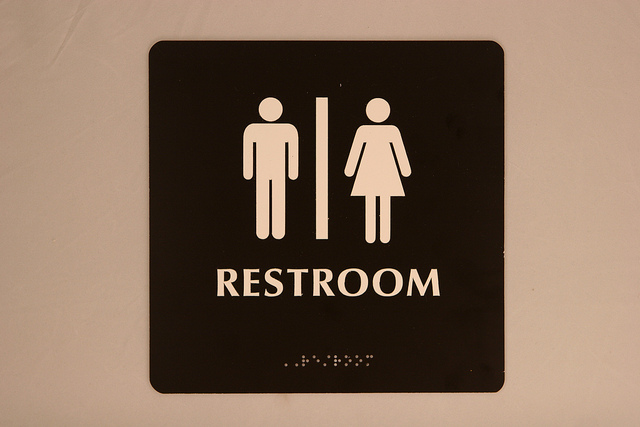Incontinence: More Common Than You Think

Let’s face it – incontinence (also known as bladder leakage or involuntary urination) is one of those topics most people would prefer to avoid talking about with their friends, family, and even their doctor. It can be an unpleasant subject and some find it to be downright embarrassing… even though they really shouldn’t.
If you’re one of the thousands of people living with incontinence, you’re in good company. It affects more than 50 percent of Americans older than 50, according to the Centers for Disease Control and Prevention, and one in three women older than 18. Because it’s so common, isn’t it time that we opened the lines of communication about this issue and de-stigmatized it?
Nothing but the Facts
Let’s first address the facts about incontinence:
- Incontinence severity can range from occasionally leaking urine when you cough or sneeze to having an urge to go that’s so sudden and strong that you don’t make it to the restroom in time.
- Other symptoms include leaking before urination, waking multiple times at night to go, and leakage caused by exertion.
- While women are more likely to have incontinence, especially those who have had multiple pregnancies or are menopausal, men with prostate problems are also at an increased risk.
- Age, excess weight, and other conditions like neurological diseases and diabetes can increase your risk for developing incontinence.
- Incontinence isn’t a disease. Rather, it may be a symptom of an underlying medical condition or physical problem, which is one main reason you should talk to your doctor.
- Incontinence could increase your risk for falling. Think about it: If you’re rushing to the restroom out of urgency, you’re more likely to trip and injure yourself.
What You Can Do to Treat Incontinence
Having incontinence isn’t the end of the world or life as you know it. In fact, some simple lifestyle adjustments can help you continue to enjoy everyday activities and time spent with your friends and family.
- Eat a healthy diet and avoid spicy foods, caffeine, and alcohol, as they can irritate your bladder.
- If you smoke, quit. Smoking leads to coughing, which may make urinary control that much more difficult.
- Maintain a healthy weight and increase physical activity.
- Eat more fiber to prevent constipation, a cause of incontinence.
- Try pelvic floor exercises, also known as Kegel exercises, to strengthen the muscles that help control urination. These are helpful for men and women.
Talk to Your Doctor!
You should never feel embarrassed or ashamed to speak to your doctor about anything that may be troubling you.
If you’re dealing with incontinence, your first line of defense should be your doctor. He or she can help you determine the underlying cause of your symptoms and, more importantly, rule out any serious medical conditions. In addition to the recommendations listed above, your doctor can also talk to you about various medications or surgical options that may be available.
You’re Not Alone
As previously mentioned, more than 50 percent of older Americans are dealing with incontinence. So, chances are that a few of your close friends and family members can relate to what you’re experiencing, which is all the more reason to talk about it. If you’re not ready to discuss this matter with your loved ones, consider joining an online forum and participating in conversations geared toward those older than 50. You’ll feel less isolated and alone knowing others are in a similar situation.
CDPHP®Can Also Help
If you’d feel more comfortable speaking to a nurse over the phone, call our Single-Source Referral Line at 1-888-94-CDPHP (1-888-942-3747). Leave a confidential message and a health care professional will promptly return your call.
Photo by MyDoorSign.com / CC BY
 The Daily Dose
The Daily Dose
 Jane Wilson
Jane Wilson
Shelle Jaquish
I am trying to find a female doctor of Urology near to me. I am in Colonie NY 12205 thank you
Jane Wilson
Hi Shelle, You can search for a female urologist in your area using CDPHP Find A Doc at https://www.cdphp.com/members/use-your-benefits/find-a-doctor. You can also give us a call at the number on your ID card; we’re happy to help!